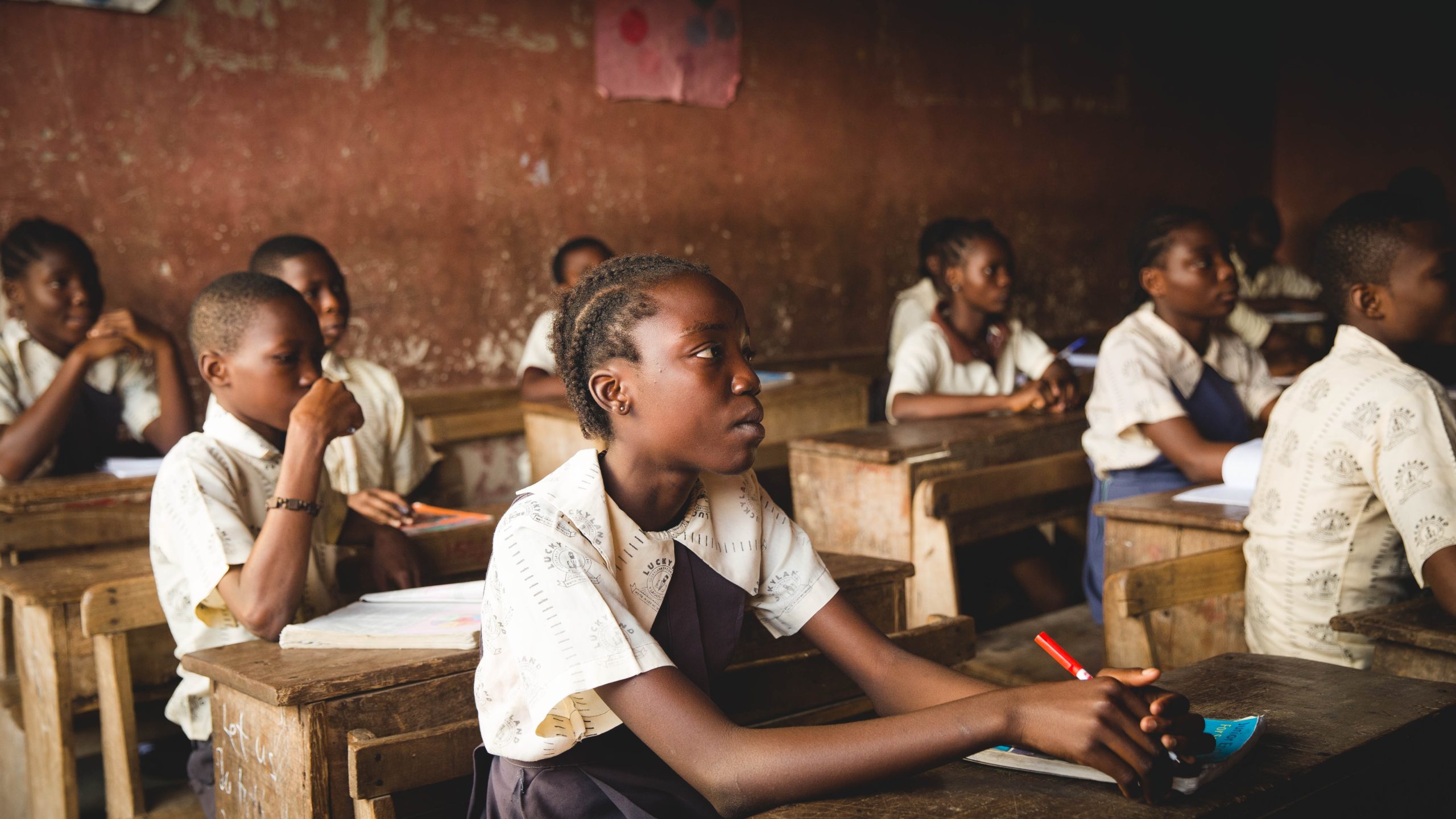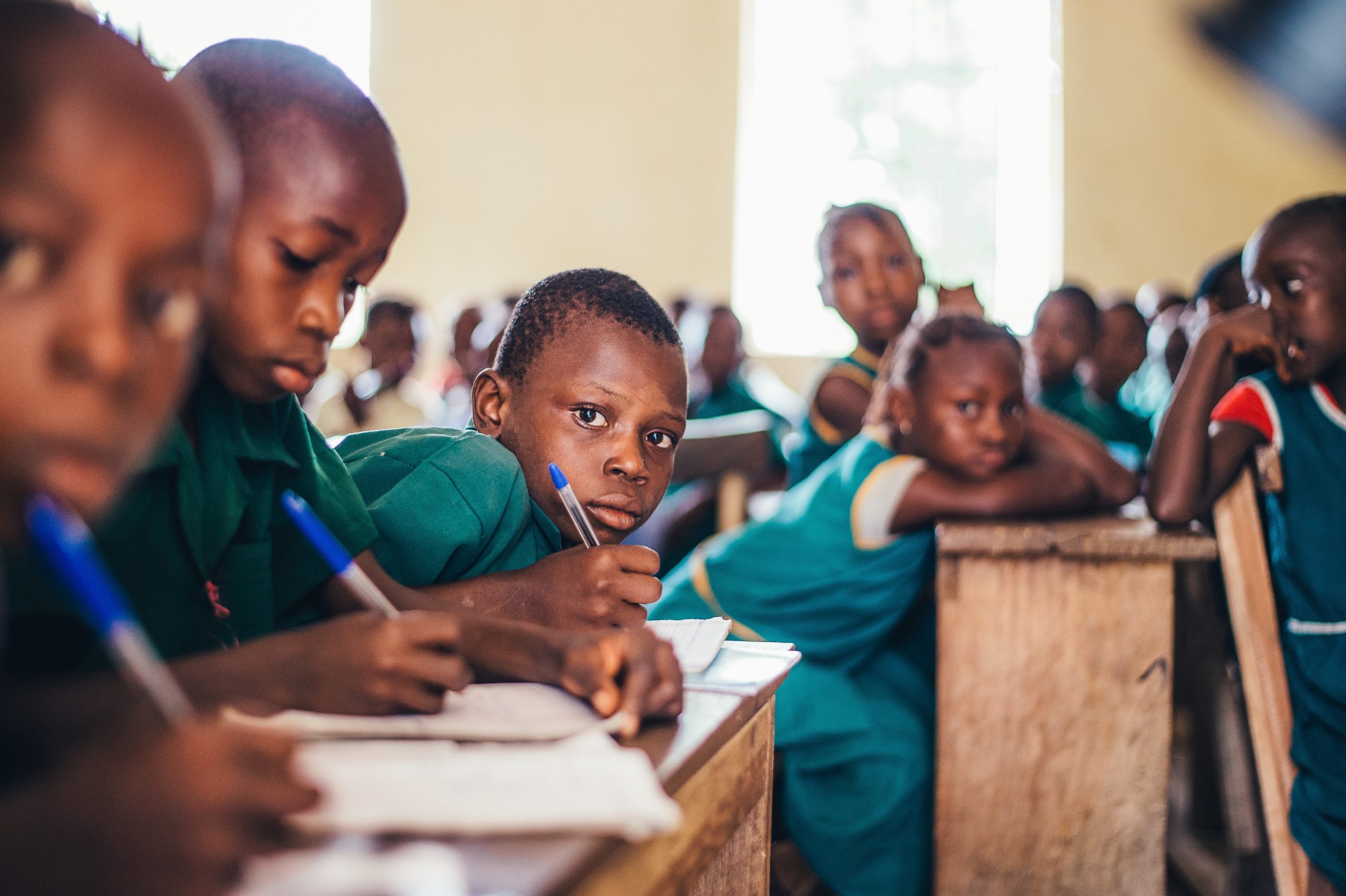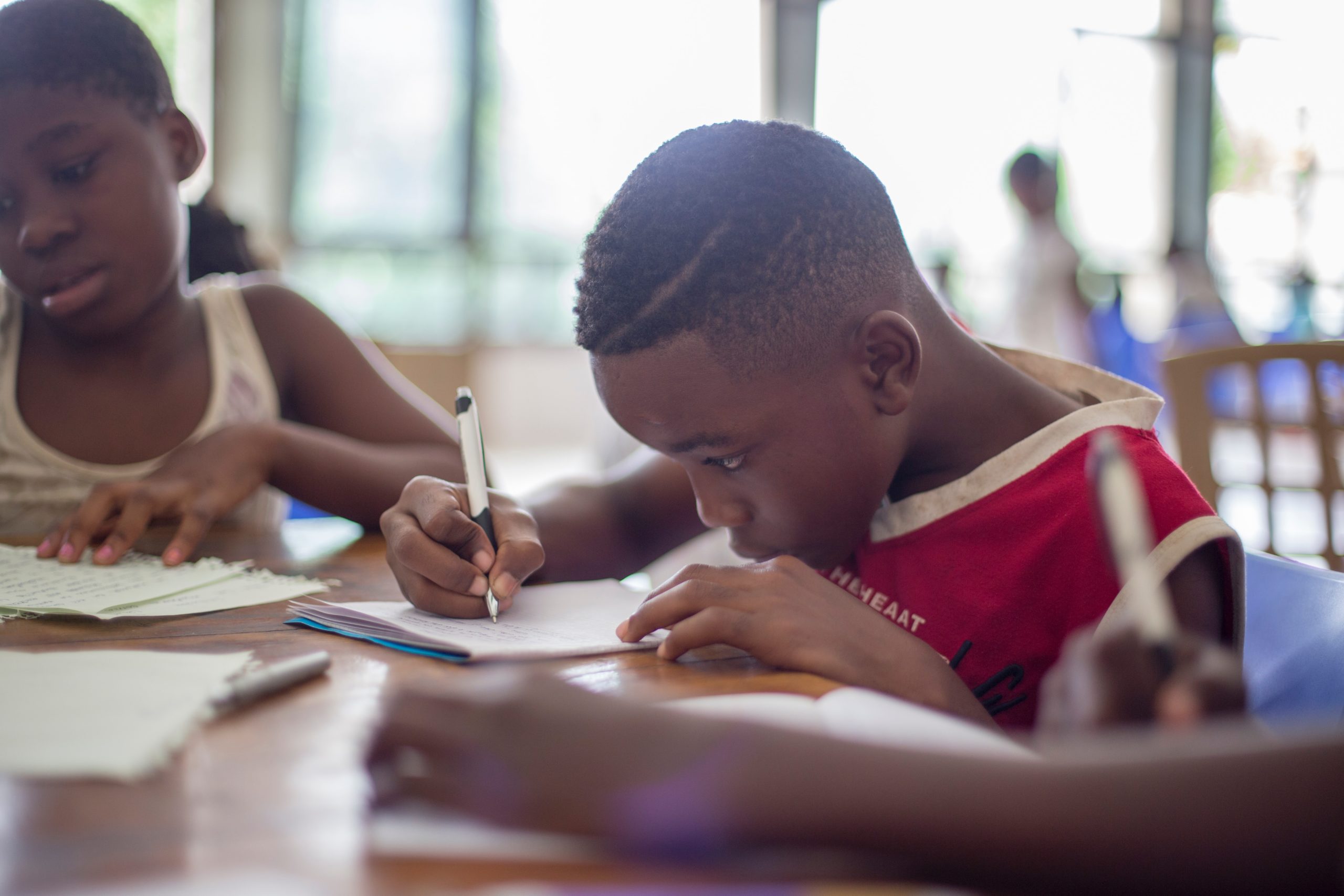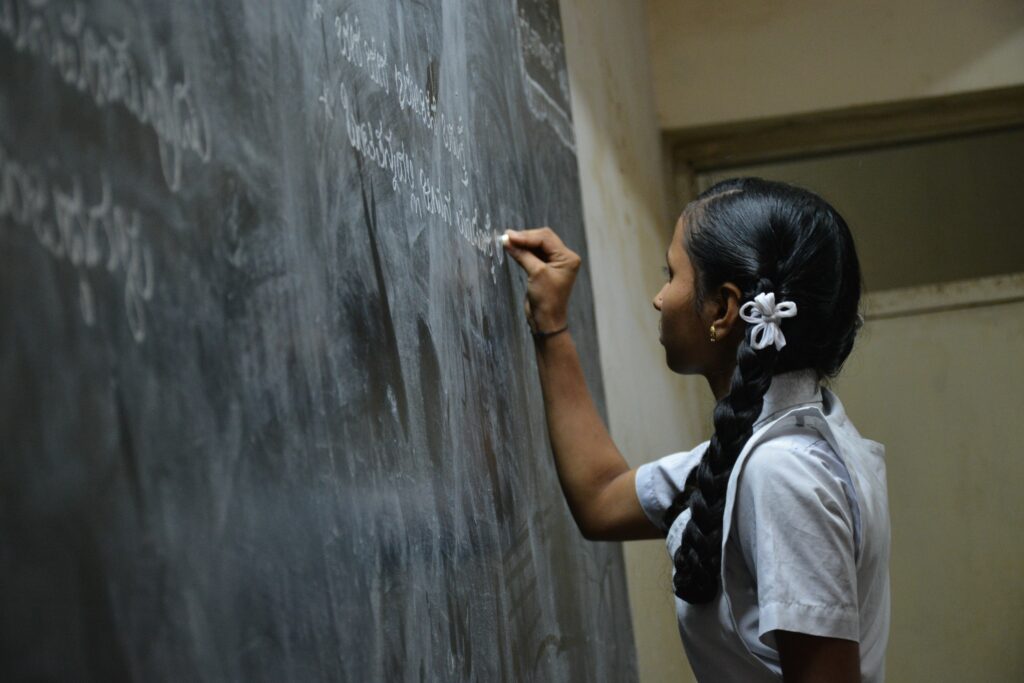Working in the BEE industry for the last 10 years I have been asked — by myself and others — what good B-BBEE has ever done for the black people it supposedly aims to serve.

I have seen some individuals benefiting from B-BBEE ownership deals, but it often seems to be the same people.
I have seen people being put into unsuitable management positions simply to benefit the company’s Management Control score.
I have seen black entrepreneurs start small businesses, but many have not grown their companies with the investments they receive, and some have even spent the money on luxury items rather than routing it back into the business.
These all paint a pretty dire picture, but as a black (Coloured) BEE practitioner, I’m here to tell you that there is also a ray of light on this horizon. What is it, you may ask?
Skills Development.
That single element of B-BBEE is where I see a measurable difference being made in the lives of black people in South Africa.

Why is Skills Development so important to me?
I grew up in the gang-ridden, notorious suburb of Mitchells Plain in Cape Town. I had no real opportunity to study full-time straight after high school. In fact, that opportunity only came when I was 30 years old. I paid for my studies out of my own pocket at first but had to take out a loan to complete my course. My degree came coupled with a chunk of debt that I had to pay off, and I still needed to help my family with expenses at the same time. It took me 5 years to pay off the debt.
Despite the financial strain, it was worth it. My life has changed drastically since I accomplished my degree, and I can truly see how important an education was for the improvement of my lifestyle. Without an education I would not be where I am today, and I think everyone should be given a similar opportunity to improve themselves.

How does my experience relate to B-BBEE?
B-BBEE has a mechanism that caters for the Skills Development of employees and the development of unemployed learners. This was further enhanced in the amendments that took effect in 2015 to include non-employed people. With the 2019 amendments, the Codes now also specifically cater for students at higher education institutions. There are several different types of training recognized by the Skills Development scorecard, including learnerships, mandatory training and bursaries. For the purposes of this blog, I will focus on bursaries.
The government is using B-BBEE to drive Skills Development to enhance our current workforce. The people who benefit from this won’t need to be burdened by debt when they study, because the course is funded by companies in South Africa. If I had been given the opportunity of a bursary, I would have been further along in my personal accomplishments rather than first having to pay off the debt I incurred while studying.
Even before bursaries could be claimed under Skills Development, companies were using different methods to pay for bursaries. They would use their Corporate Socio-Investment expenditure to pay for bursaries for qualifying students or for their employee’s children. Some companies even had ownership structures, whereby a trust would own shares in a company and the beneficiaries of the trust would be black students. But now that bursaries are a separate indicator under the Skills Development element, the number of companies providing bursaries to students has increased dramatically. Click here for a list of bursaries that are available in South Africa.

What does this mean for the future?
Thanks to B-BBEE requirements, companies are now implementing development plans for students from school level through to university and into the workforce for scarce and critical skills. This means that companies can now identify the correct people at a young age and develop them towards filling gaps where the need might exist in future. Although this may take a long while, it still promises a better future for students at school than they previously would have had in this current economy. It gives me great assurance that the future of my own child can be planned out at a much earlier stage than I had previously imagined.

What more can be done?
A big problem for universities is that only 22% of students complete their degree in 3 years, and only 39% of students have completed their degree by the fourth year. This puts strain on universities and on the workforce, as people with limited skills are joining the economy.
This is where I think corporate South Africa can and should do more. We do not have enough professionals that mentor students and keep them on track when they are studying. If your company provides bursaries to students, I would recommend that you take ownership of the relationship and provide meaningful mentorship for these students to ensure your development plan targets are met. Let’s work together to help students enter the workplace properly prepared and in a shorter amount of time.

My final word
I have always said, you can take a person’s job, you can take their dignity, but you can’t take their education away. If you go onto LinkedIn, you will see people that started off as cleaners, security guards or petrol attendants who have now achieved their degrees and/or doctorates, and some of them were achieved through the policies that were implemented by B-BBEE.
Let’s get more people educated and hopefully policies like B-BBEE will not be needed in future.
Author – Kurt Van Der Westhuizen, 03 September 2020
